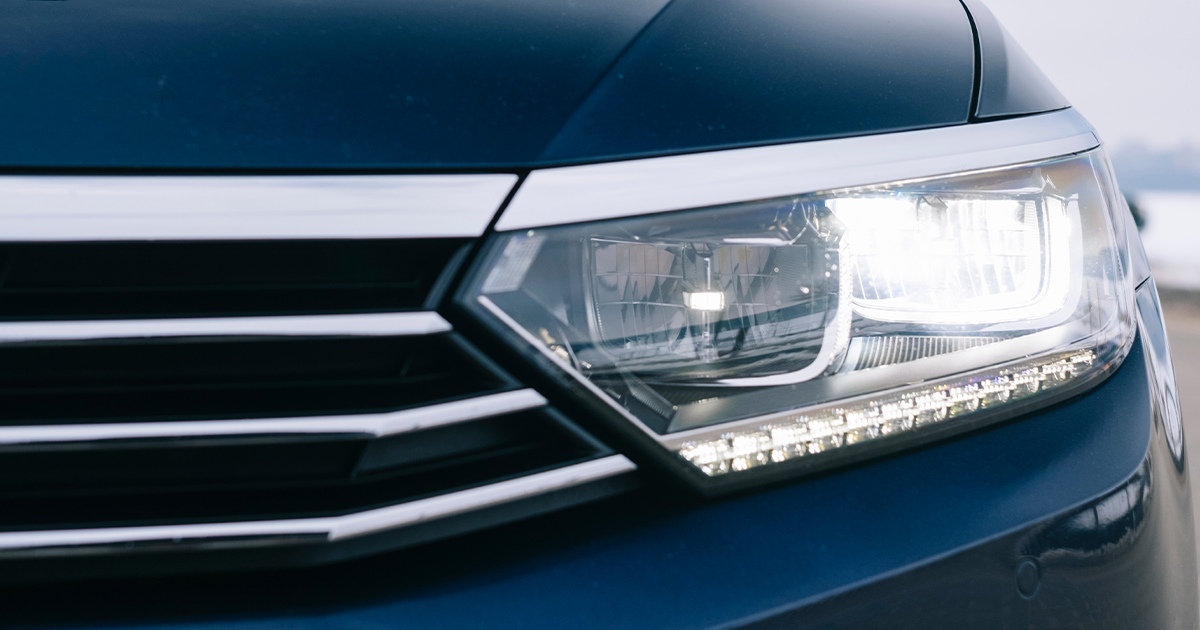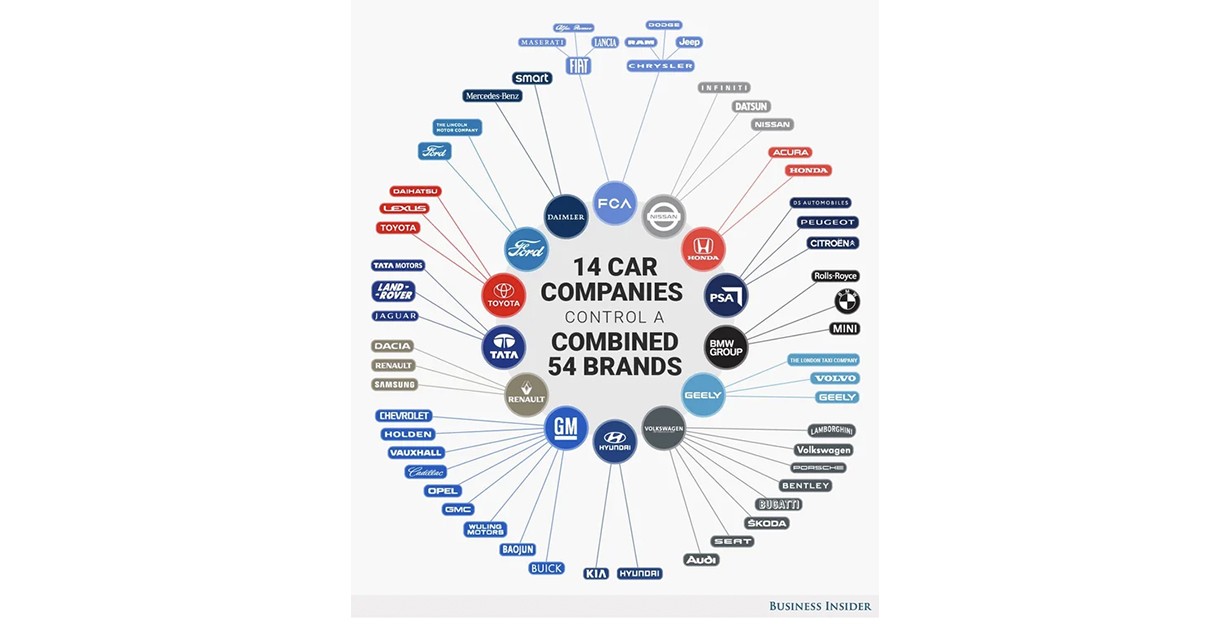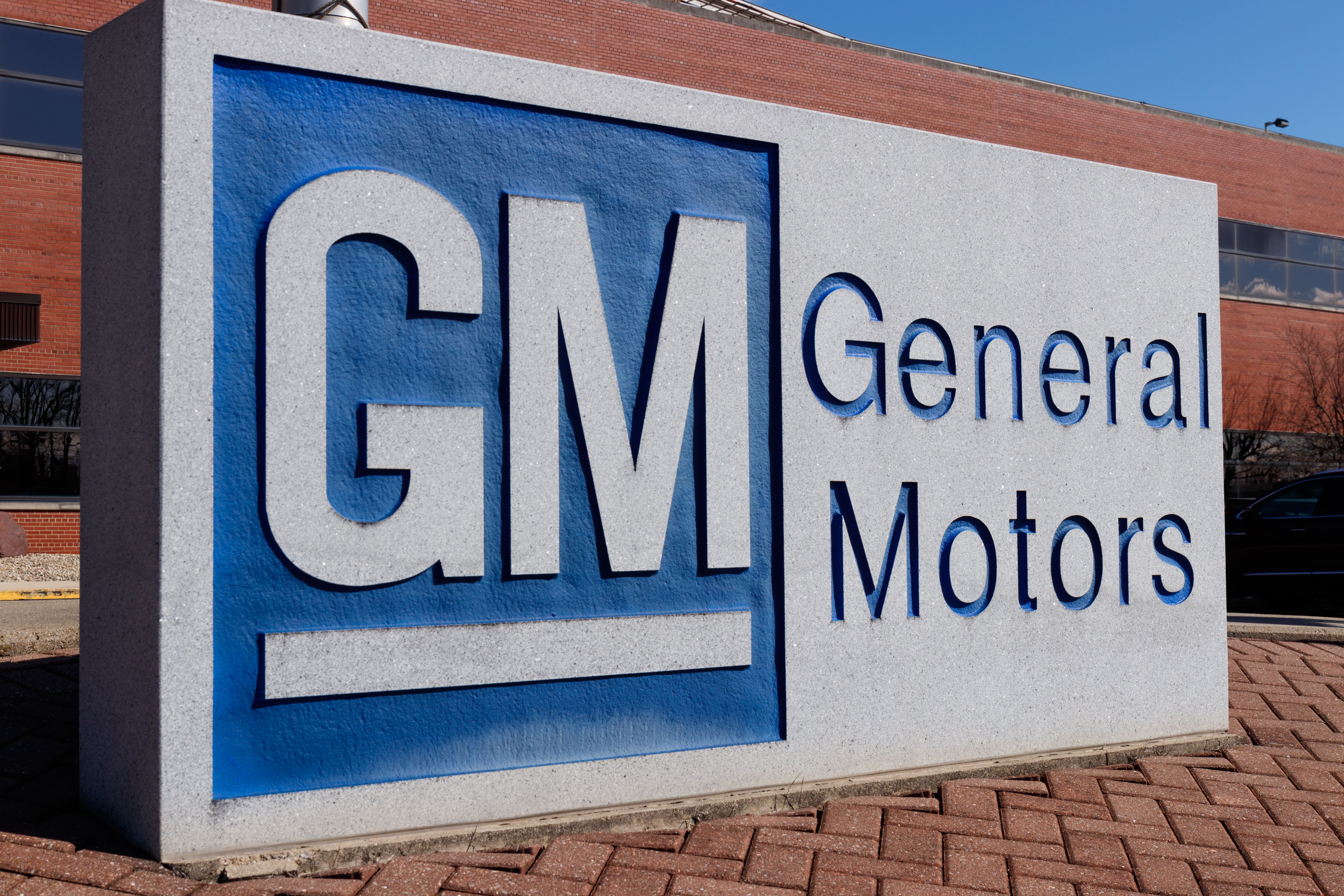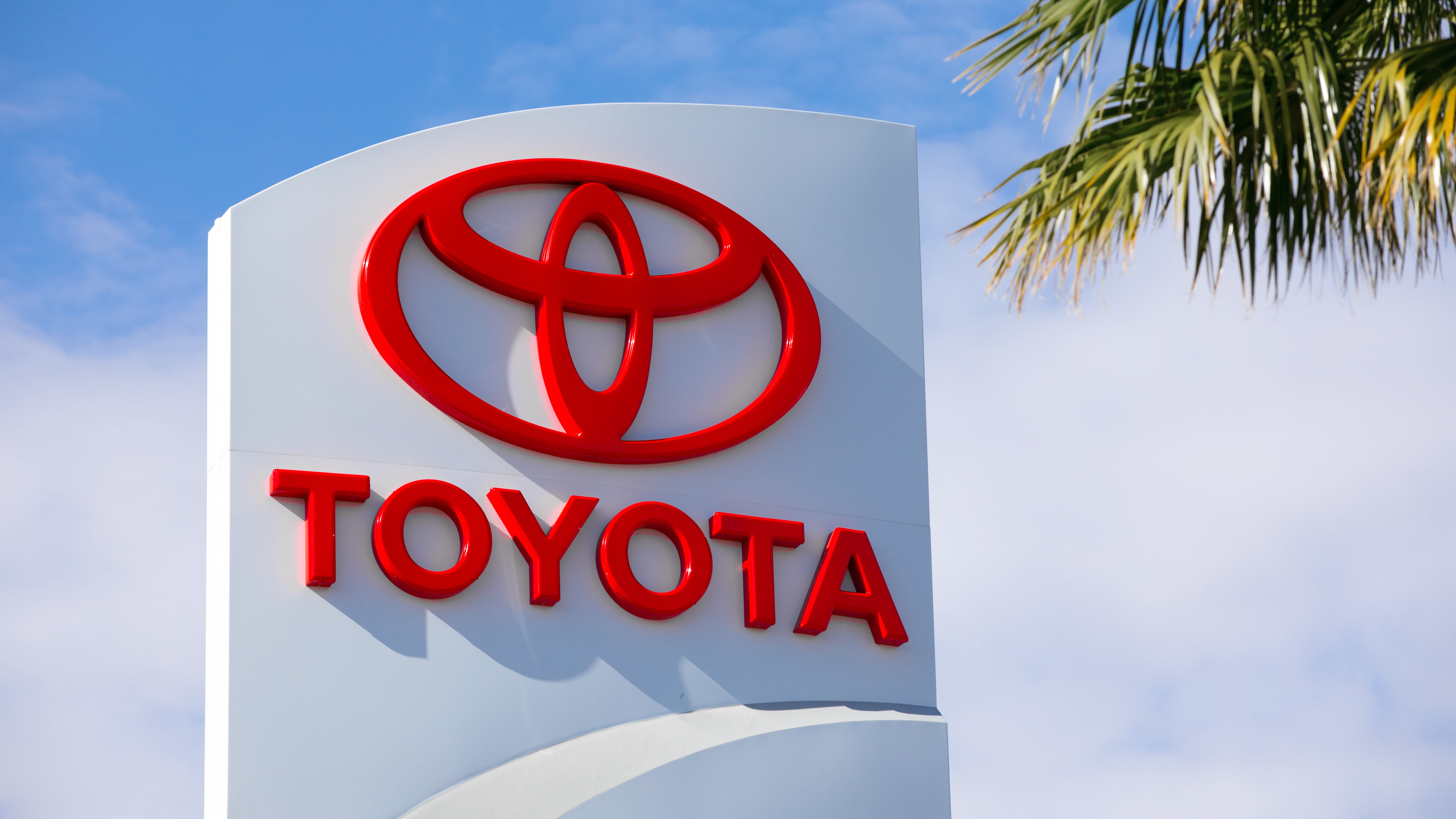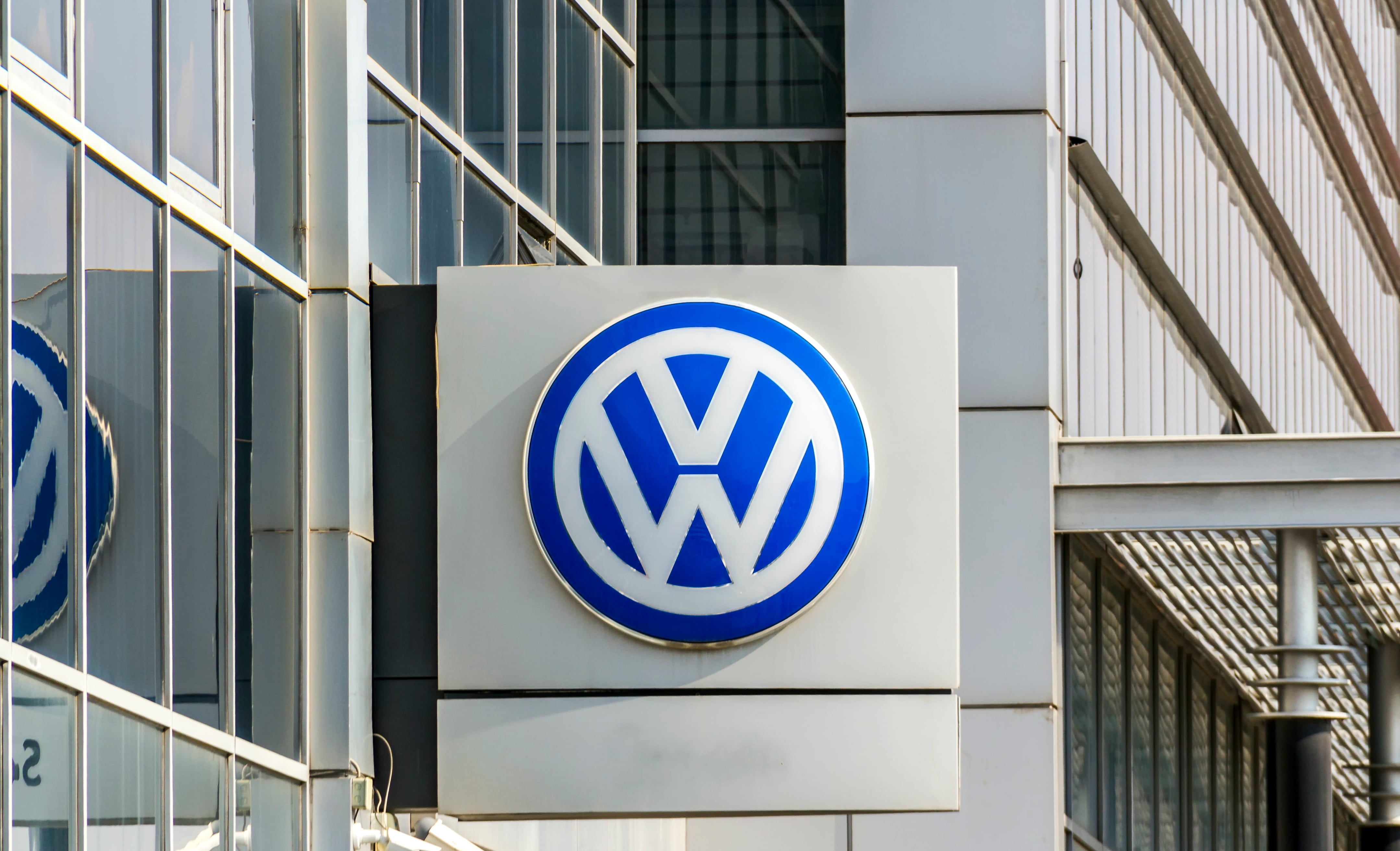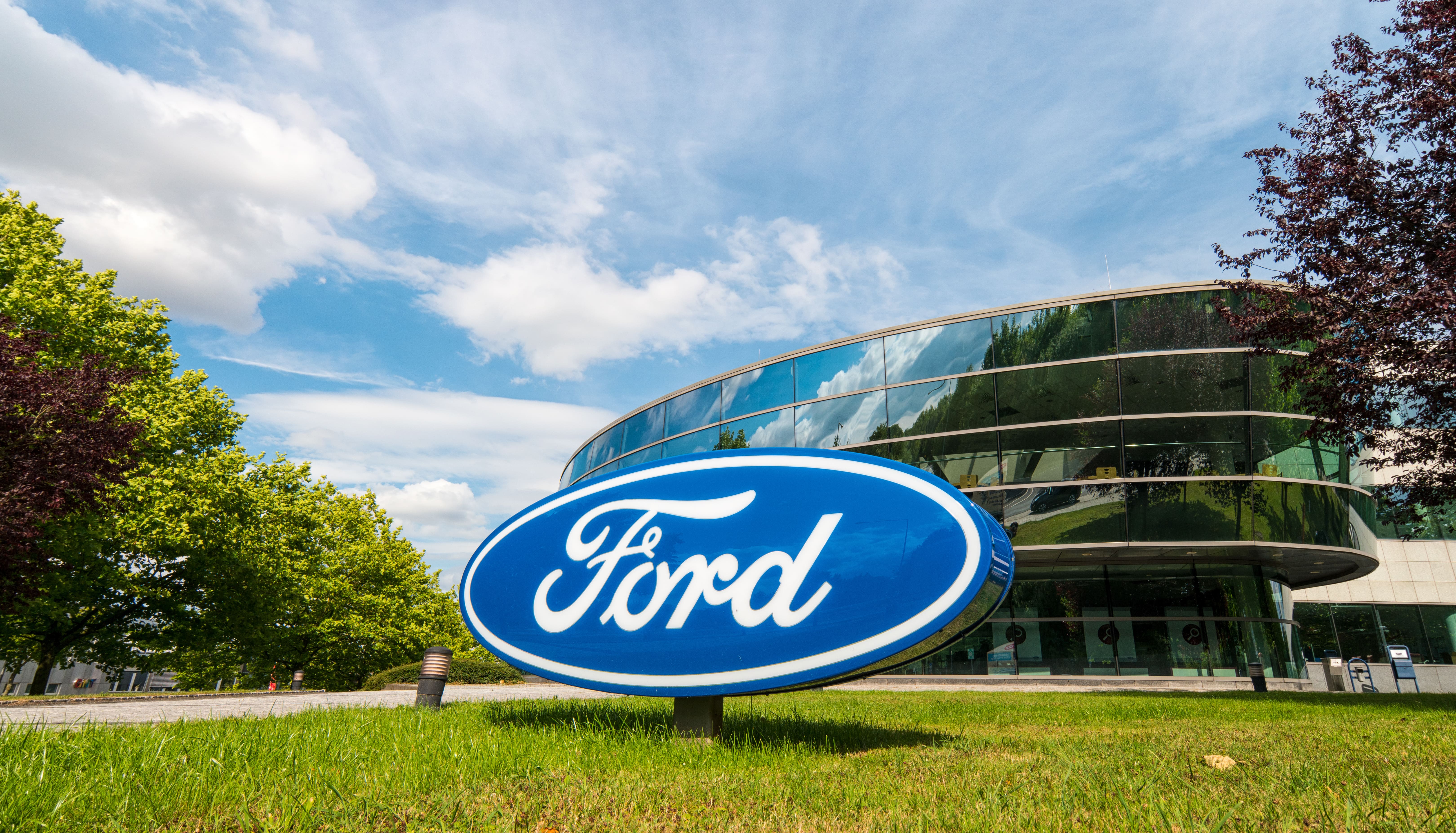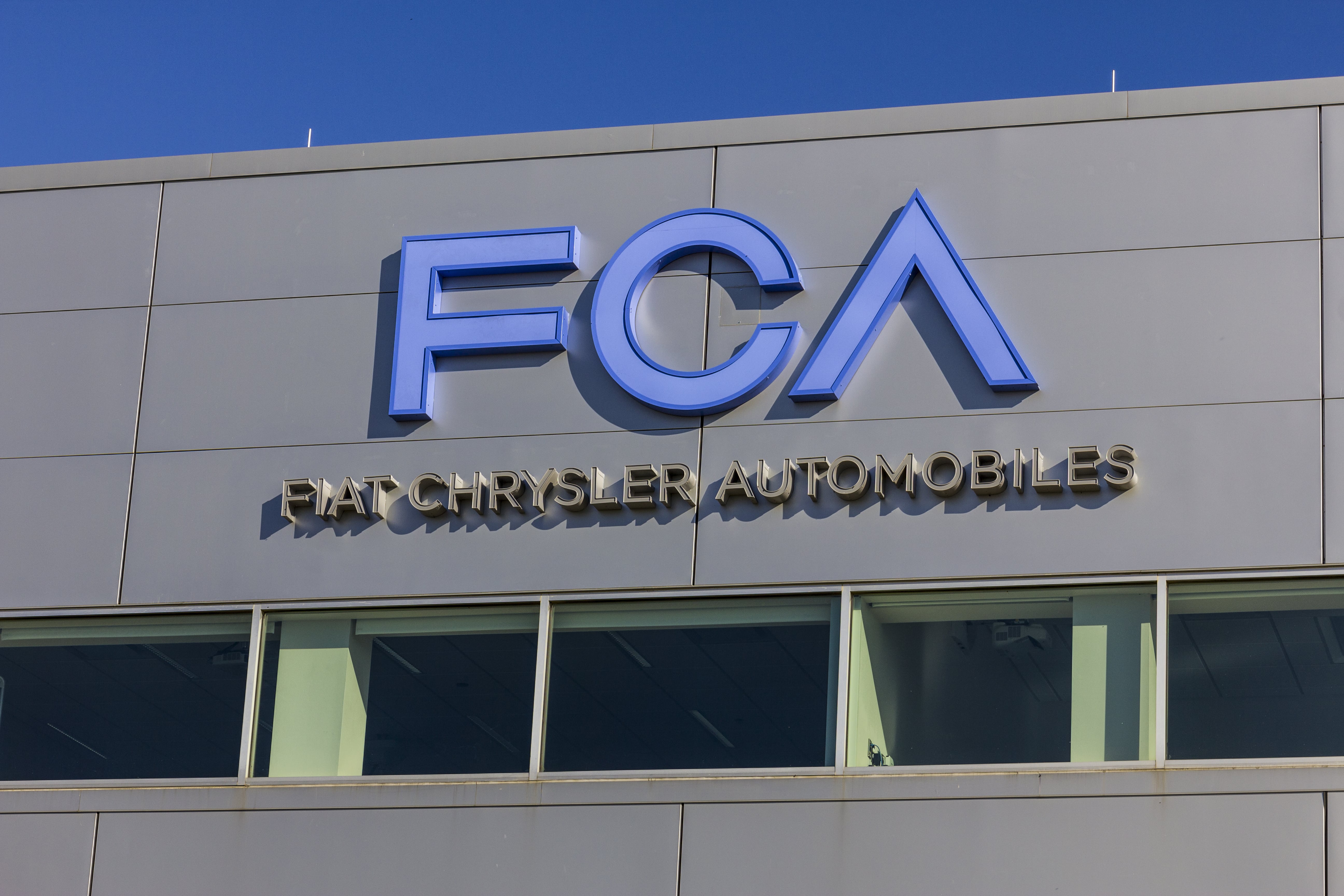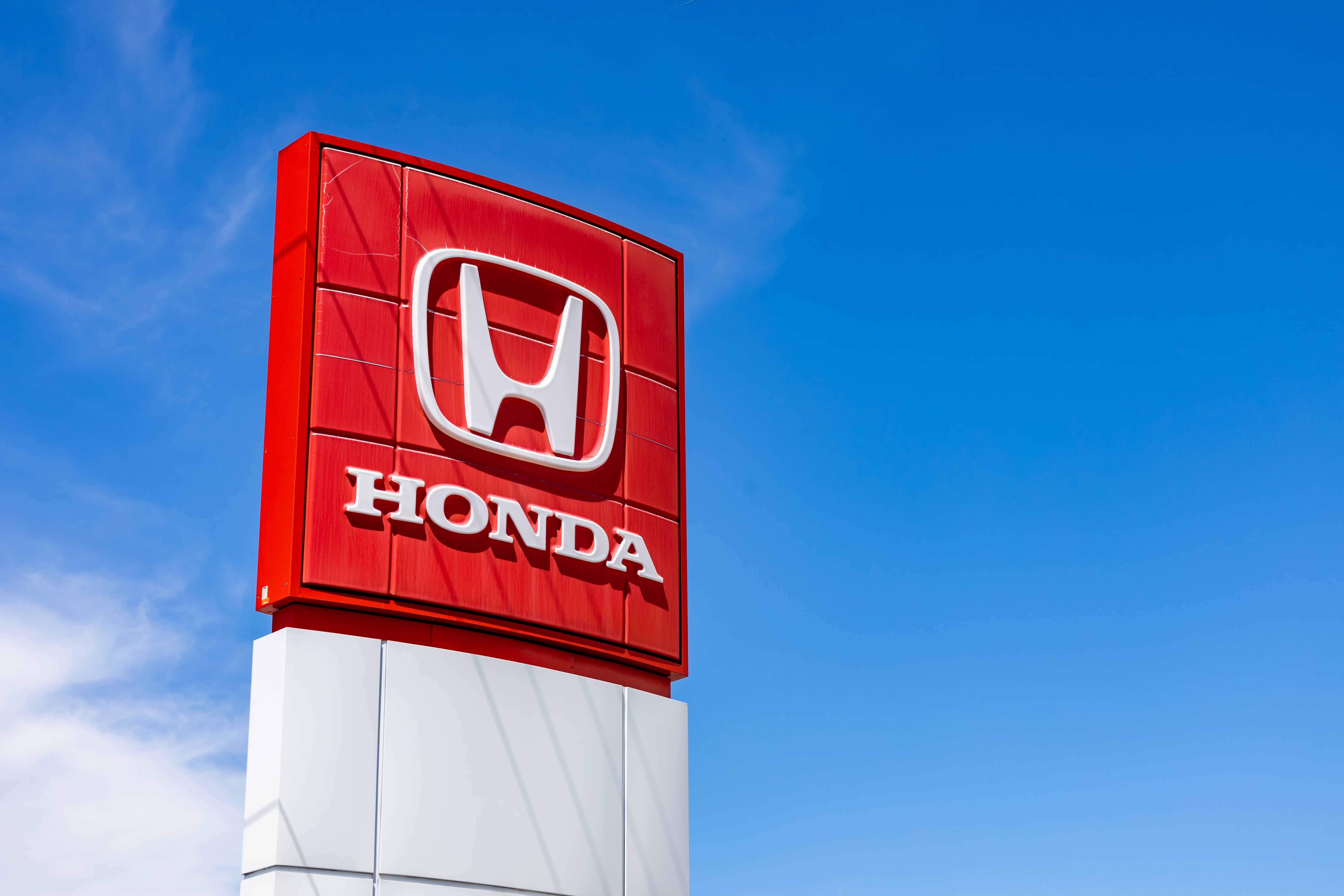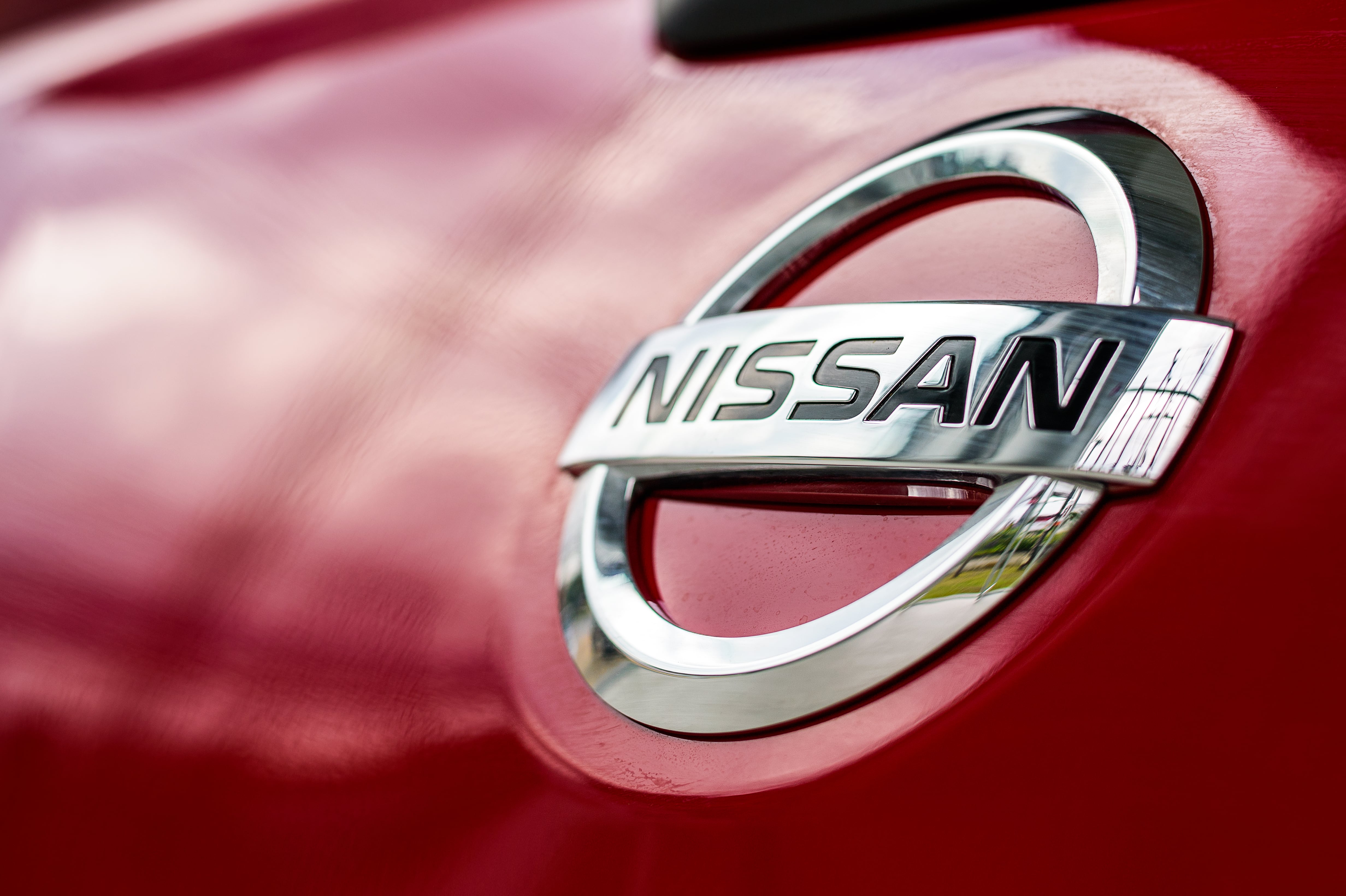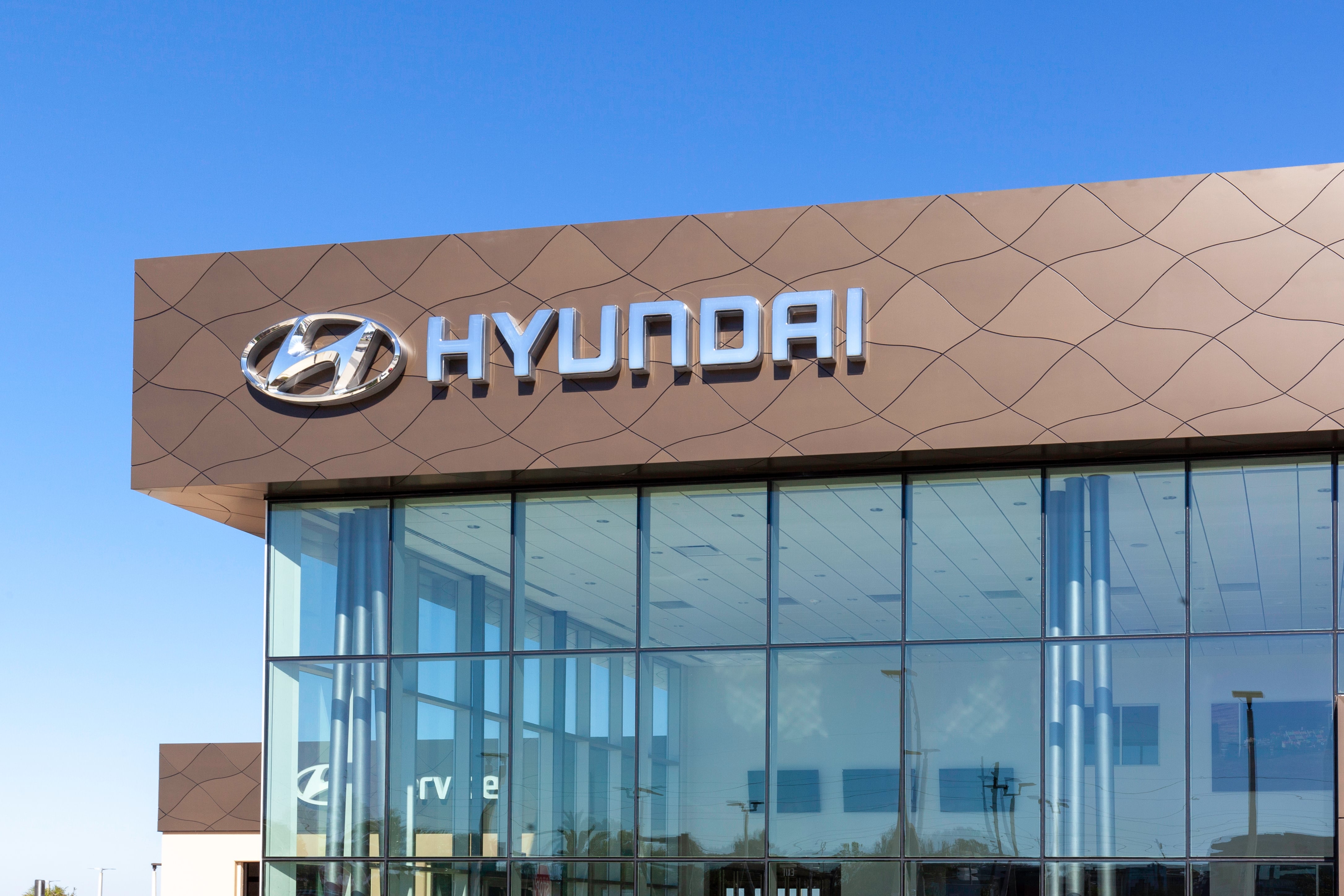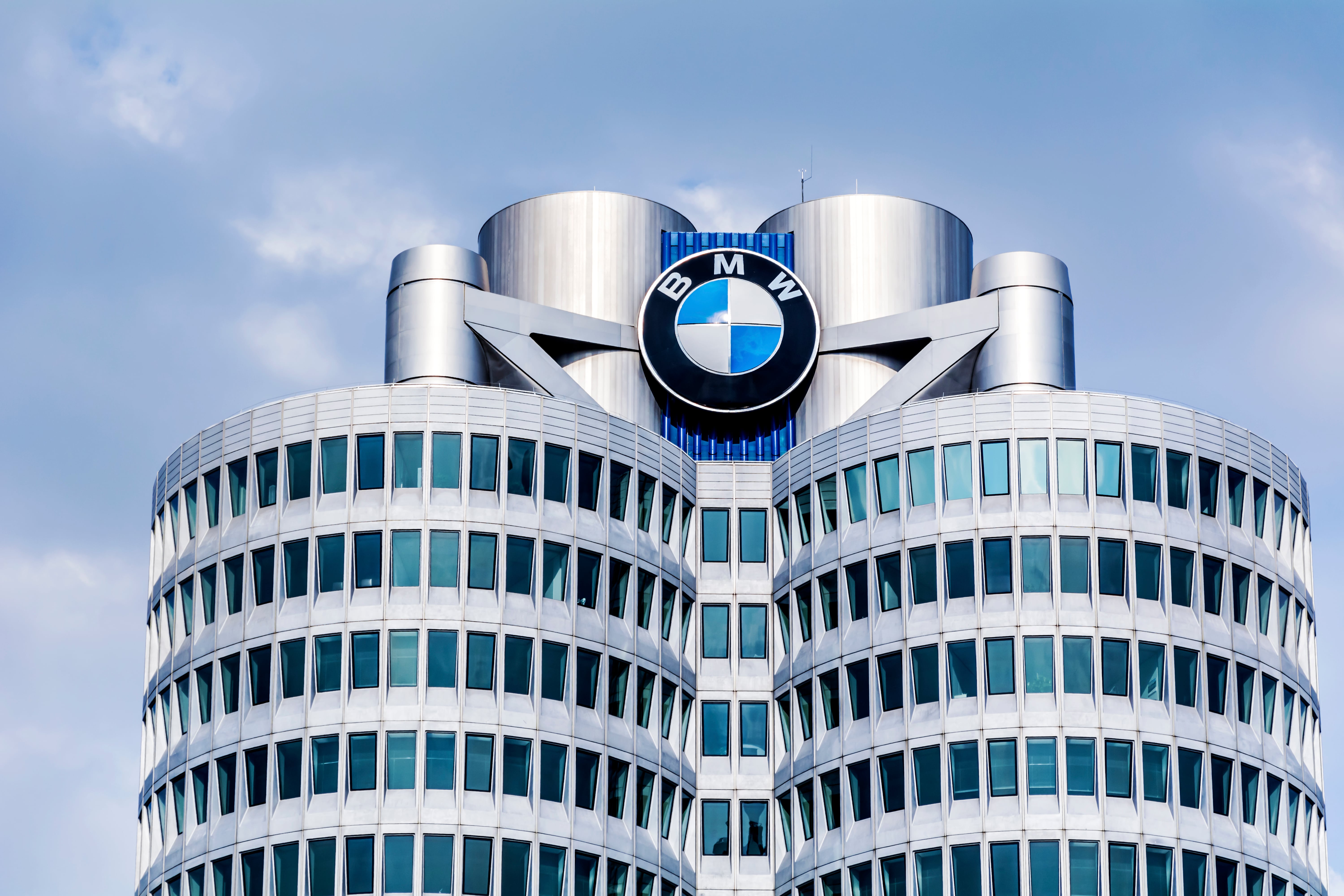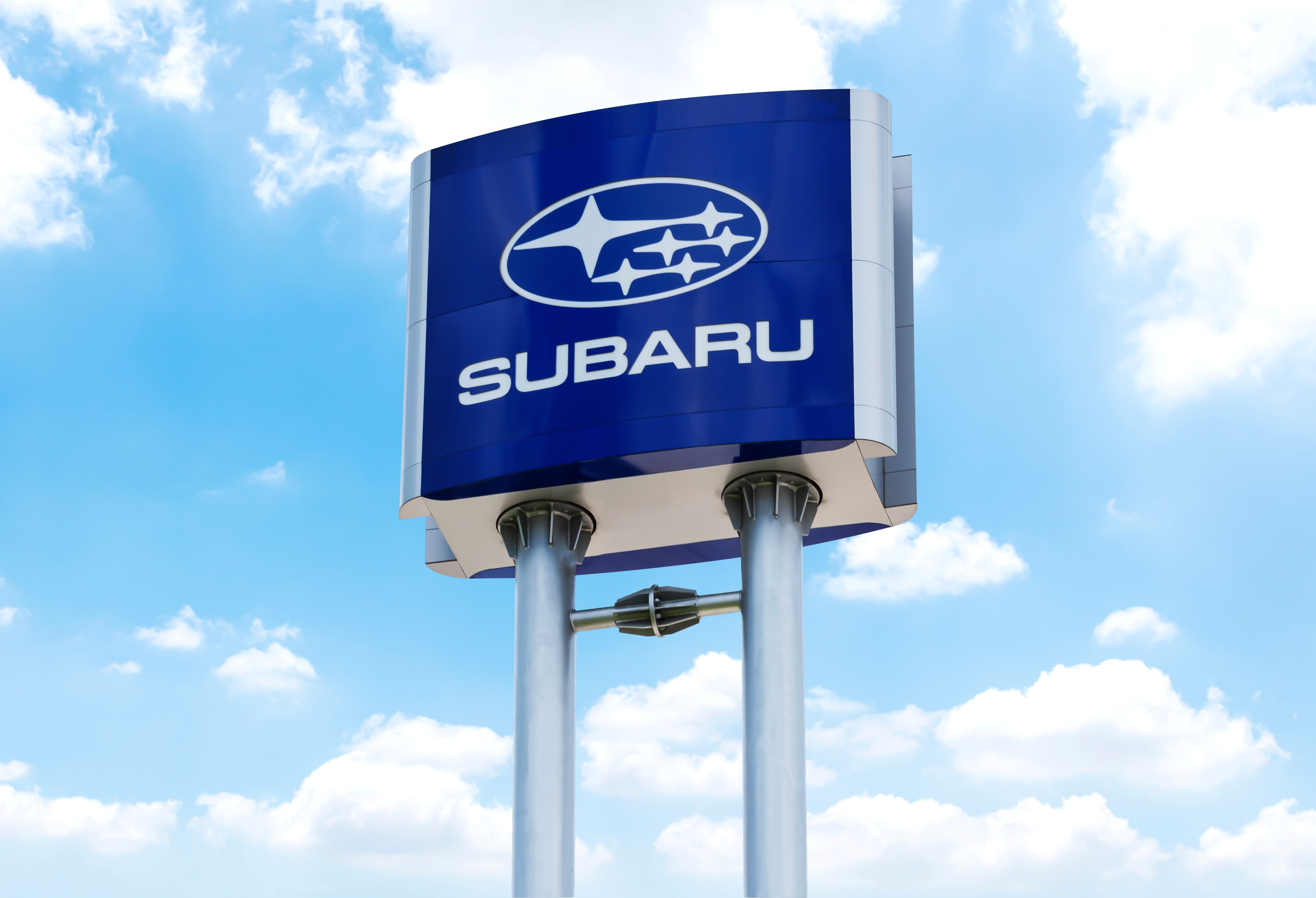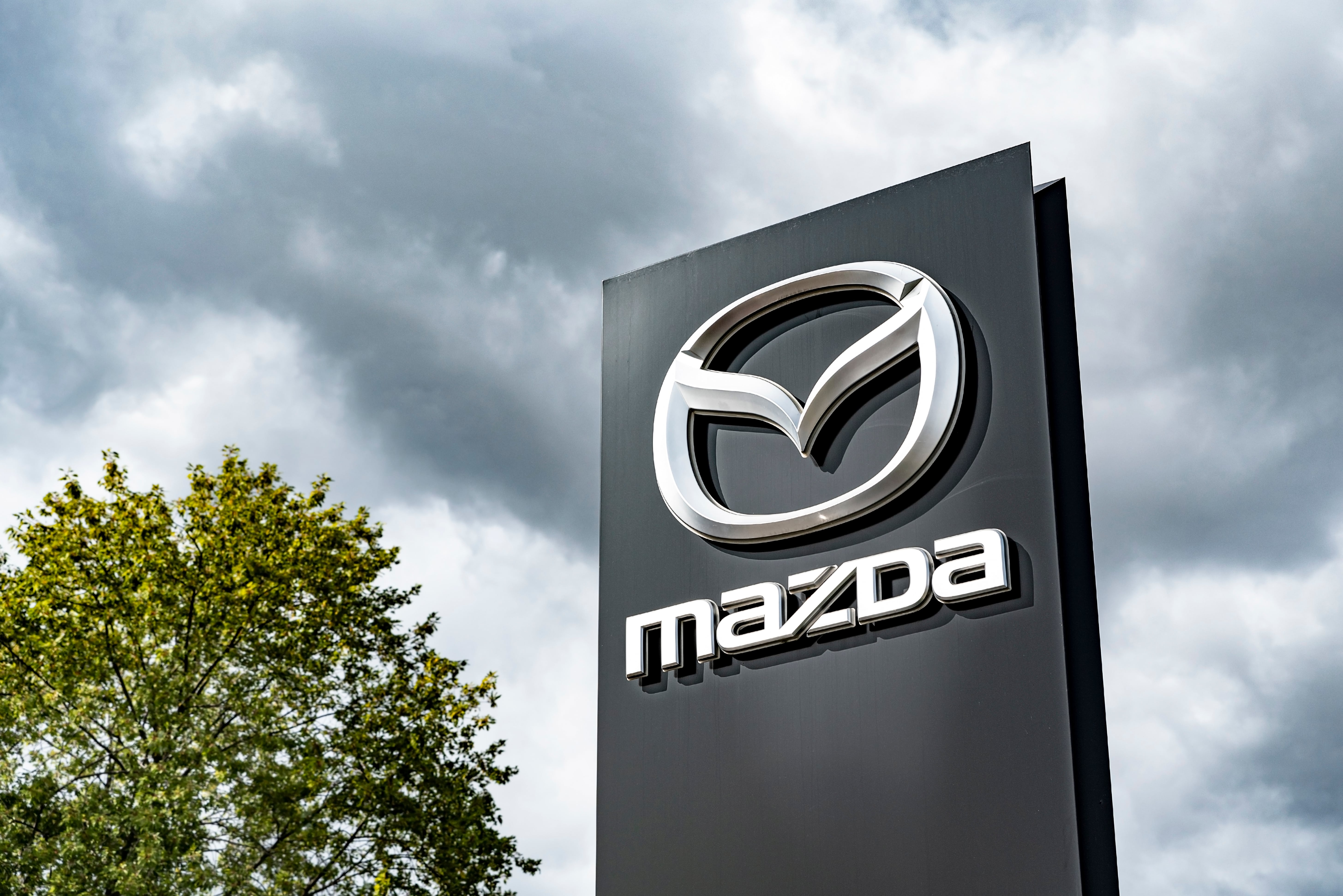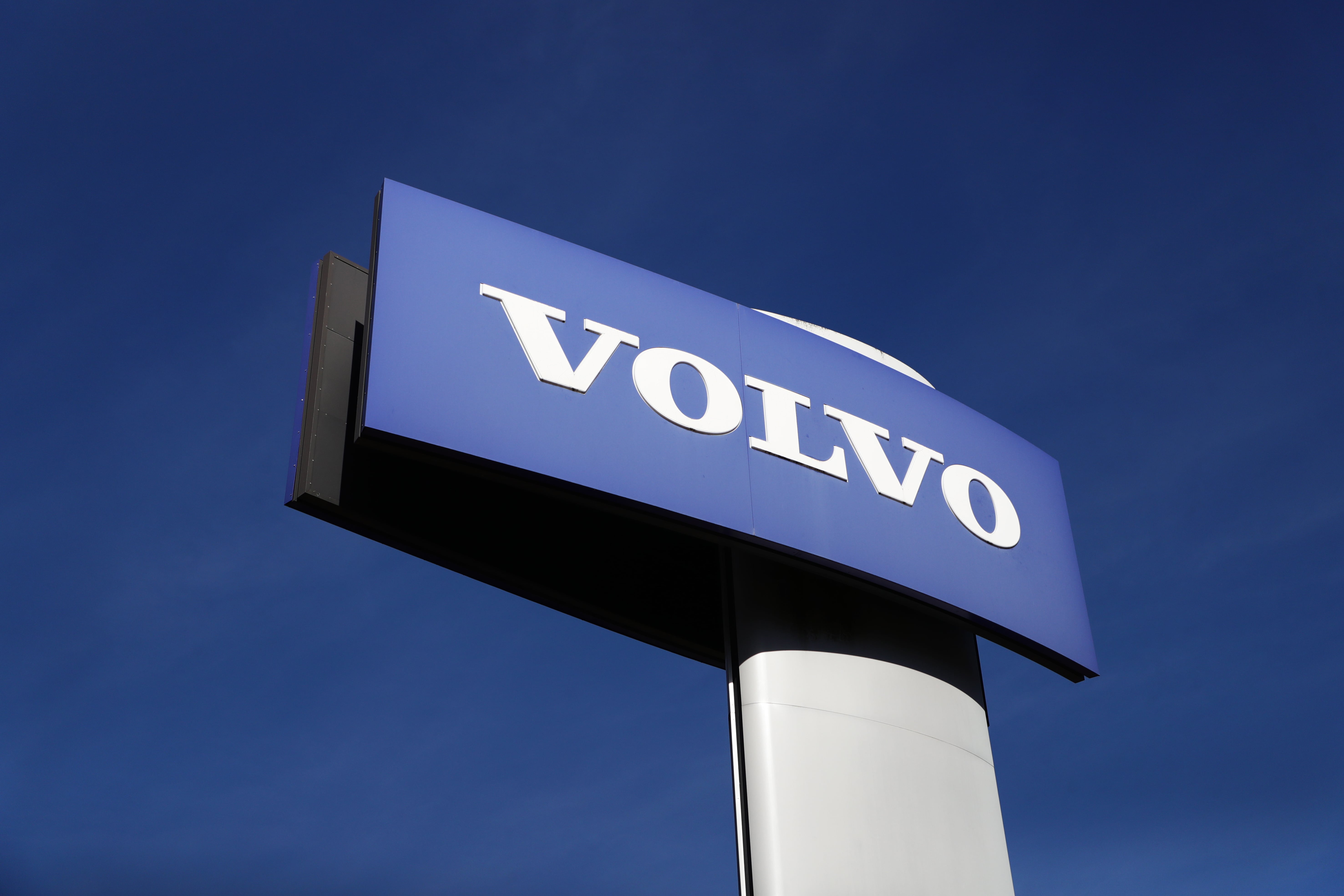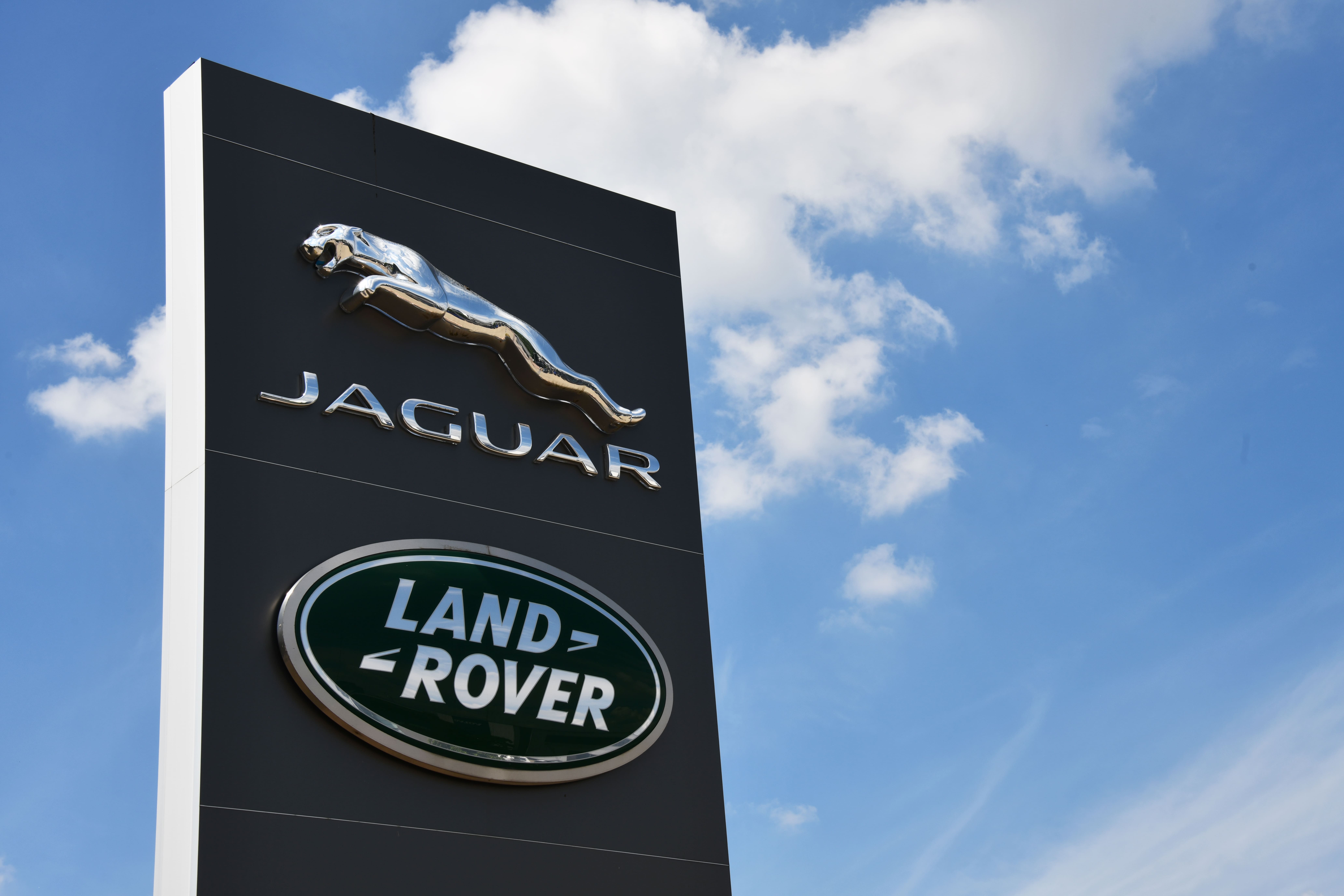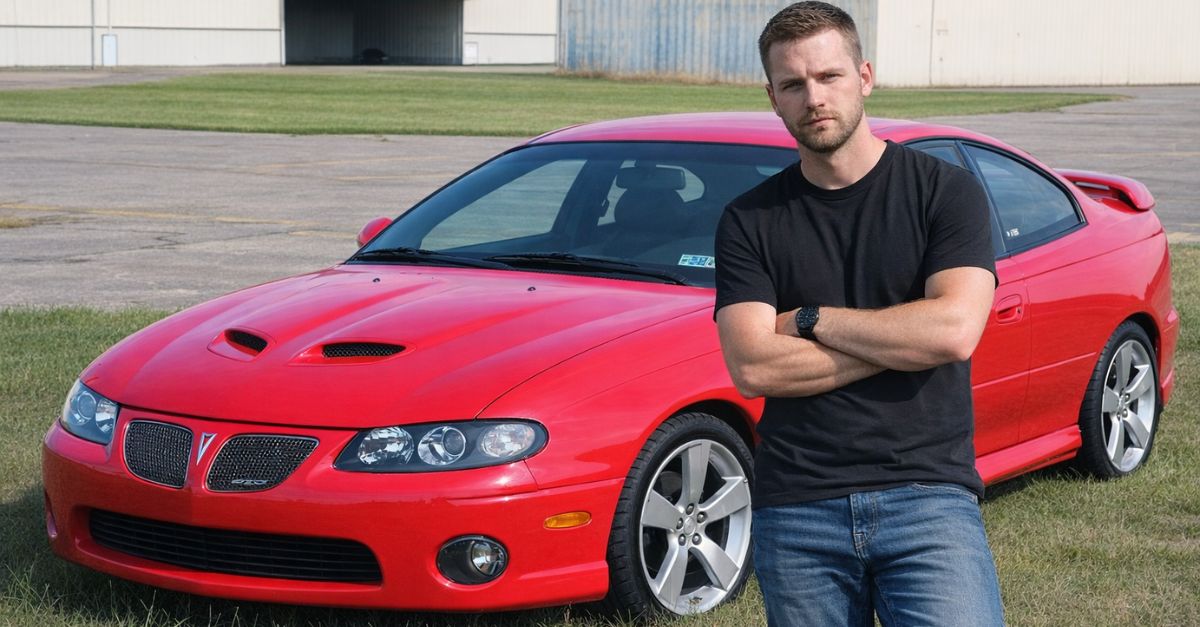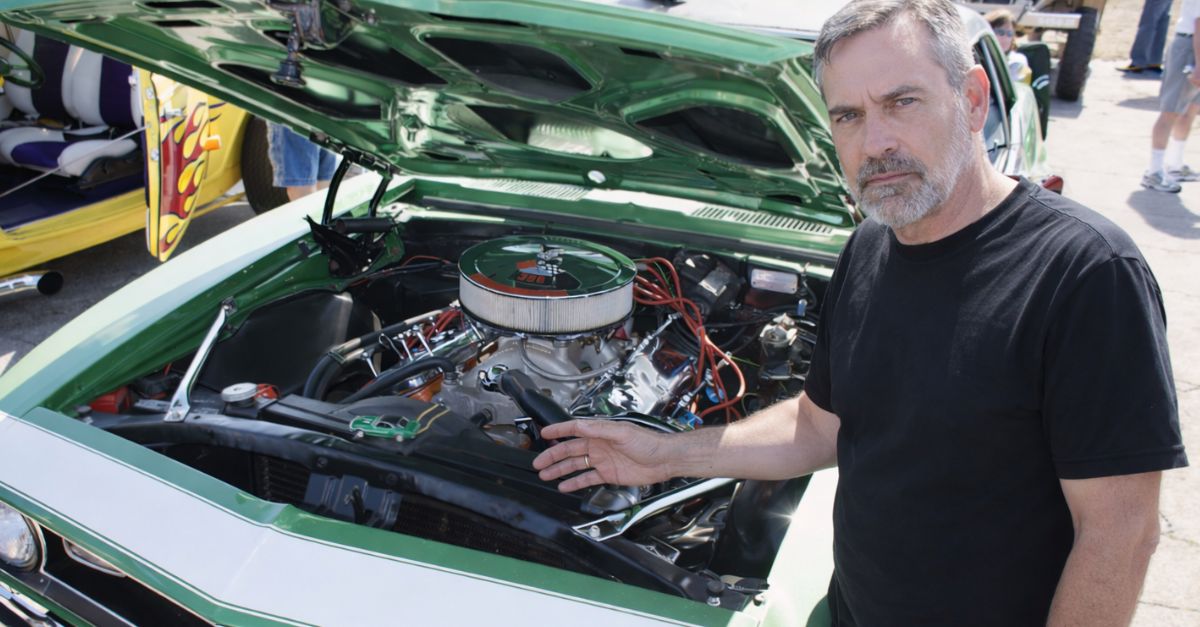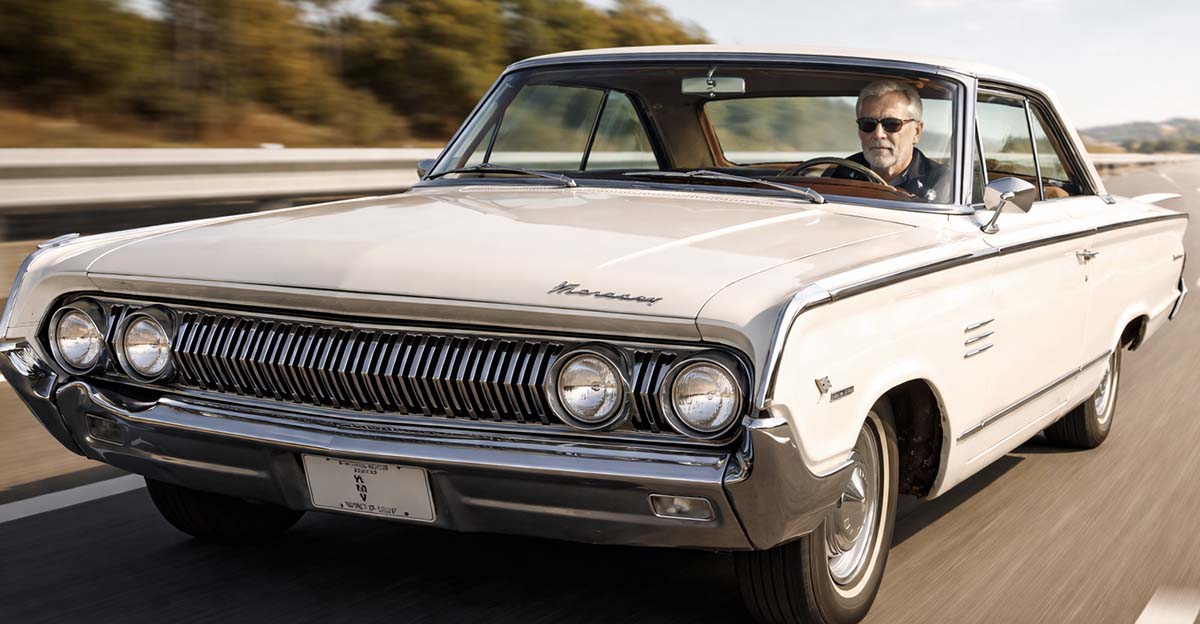Unveiling the 14 Automotive Giants
In recent years, the automotive industry has witnessed remarkable expansion. In the United States, for instance, a staggering 30 automotive brands compete for a market that sees over 17 million cars and trucks sold annually.
Globally, the diversity is even more striking, with numerous brands offering everything from compact economy cars to exclusive million-dollar exotics tailored for the world's elite.
Yet, beneath this vast array lies a significant consolidation, as a mere handful of major corporations hold ownership of nearly all of the world's prominent car brands.
Only a select group of 14 companies possess ownership of the majority of the leading car brands available in today's automotive market.
This consolidation is a result of decades of mergers, acquisitions, and collaborations within the industry. It's a reflection of the fierce competition and the constant drive for innovation and market share.
Which Company Sells the Most Brands?
General Motors (GM) takes the crown as the leader in terms of the number of brands it owns within its automotive empire. GM's ownership includes Chevrolet, GMC, Cadillac, and Buick, making it a true heavyweight in the industry.
With each of these brands catering to distinct market segments, GM ensures a presence in various automotive categories.
Chevrolet appeals to everyday drivers, offering a wide range of vehicles from compact cars to capable trucks.
GMC focuses on rugged trucks and SUVs, blending capability and luxury.
Cadillac, on the other hand, represents American luxury with cutting-edge technology and sophisticated design.
Buick provides premium vehicles that strike a balance between elegance and affordability, rounding out GM's diverse brand portfolio.
Popularity Spectrum: Most and Least Popular Car Brands
In the realm of car brand popularity, Toyota has secured its place as the most sought-after brand among consumers. This coveted position is primarily attributed to Toyota's reputation for building reliable, durable, and affordable vehicles. Toyota's extensive lineup covers everything from efficient compact cars like the Corolla to versatile SUVs like the RAV4 and rugged trucks like the Tacoma and Tundra.
Additionally, the company's pioneering efforts in hybrid technology with models like the Prius have further solidified its standing in the automotive world.
On the flip side of the popularity spectrum, we find niche luxury brands like Bugatti and Rolls-Royce occupying the least popular spot. These ultra-exclusive automakers produce limited quantities of high-end vehicles with astronomical price tags. While they exude opulence and craftsmanship, their exclusivity places them out of reach for the vast majority of consumers. Consequently, their presence in the market remains limited, making them the least popular car brands in terms of sales volume.
This popularity spectrum underscores the diversity of the automotive landscape, where mass-market brands like Toyota cater to a broad consumer base, while niche luxury brands like Bugatti and Rolls-Royce cater to the select few who seek the pinnacle of automotive opulence.
Now, let's dive into the 14 major car companies and which brands they own.
Volkswagen Group
Volkswagen:
- Known for practicality and reliability.
- Affordable vehicles with a wide range of options.
Audi:
- Offers a blend of luxury and performance.
- Cutting-edge technology and precision engineering.
Porsche:
- Celebrated for high-performance sports cars.
- Iconic design and exhilarating driving experiences.
Lamborghini:
- Exudes extravagance and speed.
- Supercars that push the limits of performance.
Bentley:
- Epitomizes luxury and craftsmanship.
- Handcrafted interiors and powerful engines.
Bugatti:
- Sets the standard for hypercars.
- Unrivaled speed and engineering excellence.
General Motors (GM)
Chevrolet:
- Provides a diverse range of vehicles.
- Iconic models like the Corvette and Silverado.
GMC:
- Specializes in trucks and SUVs.
- Rugged and capable vehicles for off-road adventures.
Cadillac:
- Epitomizes American luxury.
- Cutting-edge technology and sophisticated design.
Buick:
- Offers premium vehicles with style.
- A balance of elegance and affordability.
Toyota Motor Corporation
Toyota:
- Renowned for reliability and value.
- Industry-leading hybrid technology and longevity.
Lexus:
- Represents luxury and performance.
- Opulent interiors and precision engineering.
Ford Motor Company
Ford:
- Known for a broad range of vehicles.
- The best-selling F-Series trucks and iconic Mustang.
Lincoln:
- Embodies American luxury and comfort.
- High-end materials and advanced technology.
Fiat Chrysler Automobiles (FCA)
Chrysler:
- Offers family-oriented vehicles.
- Practical minivans and comfortable sedans.
Dodge:
- Known for powerful muscle cars.
- High-performance models like the Challenger.
Jeep:
- Specializes in rugged off-road vehicles.
- Iconic designs and legendary off-road capabilities.
Ram:
- Focuses on trucks and commercial vehicles.
- Tough trucks for work and play.
Fiat:
- Known for compact and stylish cars.
- European flair and efficient engines.
Alfa Romeo:
- Combines Italian style and performance.
- Sporty vehicles with a touch of luxury.
Maserati:
- Epitomizes Italian elegance and speed.
- High-performance luxury cars and SUVs.
Honda Motor Co.
Honda:
- Recognized for reliability and practicality.
- Efficient engines and a strong resale value.
Acura:
- Offers luxury and performance features.
- Advanced technology and comfortable interiors.
Nissan Motor Co.
Nissan:
- Provides a diverse lineup of vehicles.
- Affordable and efficient cars and trucks.
Infiniti:
- Focuses on luxury and performance.
- Premium features and dynamic driving experiences.
Hyundai Motor Group
Hyundai: Known for affordability and quality.
- Highlight: Generous warranty and value-packed vehicles.
Kia: Offers a balance of value and quality.
- Highlight: Stylish designs and user-friendly technology.
Genesis: Represents Hyundai's luxury division.
- Highlight: Premium materials and advanced safety features.
BMW Group
BMW:
- Celebrated for driving pleasure and performance.
- Sporty handling and a wide model range.
Mini:
- Known for compact and quirky cars.
- Iconic design and fun-to-drive factor.
Rolls-Royce:
- Sets the standard for luxury and opulence.
- Handcrafted interiors and bespoke options.
Daimler AG
Mercedes-Benz:
- Embodies luxury and engineering excellence.
- Cutting-edge technology and prestigious image.
Smart:
- Focuses on compact and urban vehicles.
- Maneuverable and eco-friendly cars.
Subaru Corporation
Subaru:
- Admired for all-wheel-drive technology.
- Rugged versatility and adventurous spirit.
Mazda Motor Corporation
Mazda:
- Known for "Zoom-Zoom" driving dynamics.
- Stylish design and engaging handling.
Volvo Group
Volvo:
- Combines safety and Scandinavian design.
- Industry-leading safety features and elegant interiors.
Polestar:
- Explores electric performance.
- High-performance electric vehicles.
Jaguar Land Rover Automotive
Jaguar:
- Epitomizes British luxury and style.
- Elegance and high-performance models.
Land Rover:
- Specializes in rugged off-road vehicles.
- Legendary off-road capabilities and premium interiors.
Final Thoughts
The automotive industry is a vast and dynamic ecosystem that is home to an impressive array of car brands. While it may appear that the market is teeming with countless choices, a closer look reveals a fascinating consolidation of power. Just 14 major companies stand at the helm of this industry, each orchestrating a diverse symphony of brands to cater to the diverse needs and desires of consumers worldwide.
These automotive giants have not only shaped the cars we drive but have also left an indelible mark on our culture and society. From reliable and practical vehicles to high-performance and luxurious machines, these companies continue to innovate, pushing the boundaries of technology, design, and performance.
As car enthusiasts and consumers, it's valuable to understand the intricate web of ownership within the automotive world. This knowledge sheds light on the relationships between brands, the competition, and the choices available to us as drivers.

